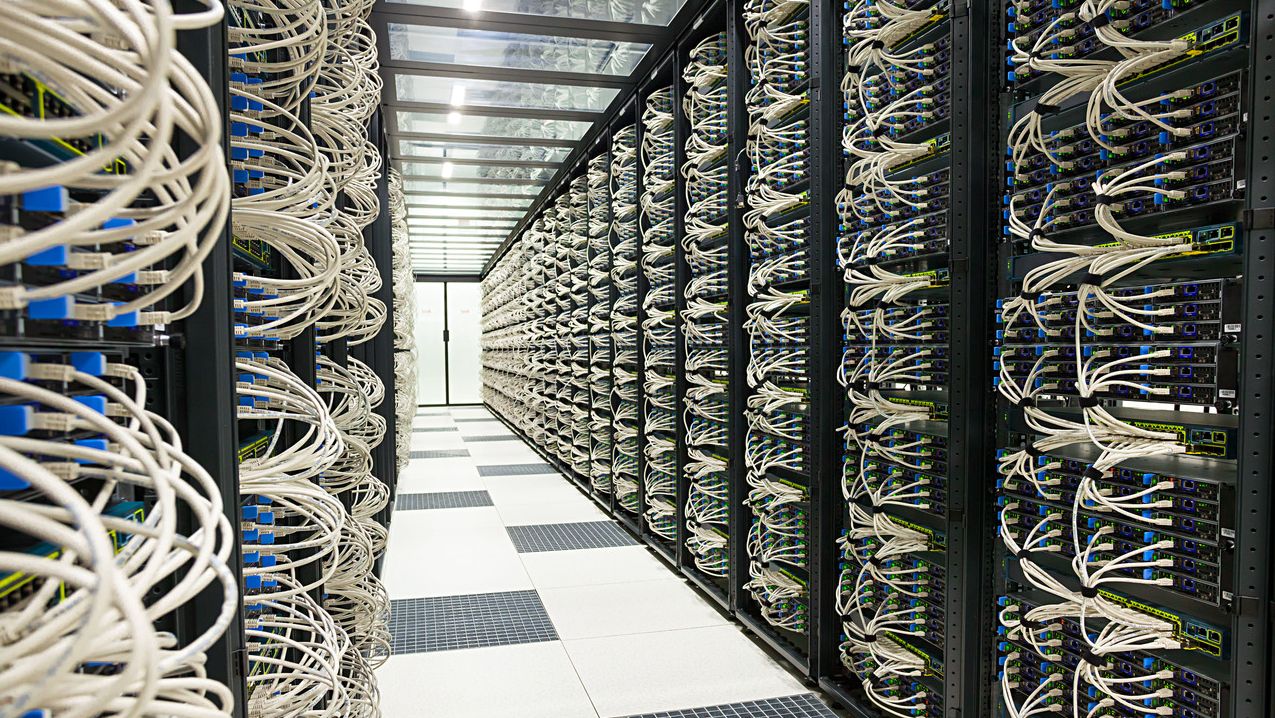Data centers are becoming an increasing emissions concern
AI is leading to higher data center emissions, report warns

- Report claims data centers and the aviation industry both account for 3% each of global carbon emissions
- By 2026, the world’s data centers will use as much electricity as Japan
- Germany is mandating highly efficient data centers from 2026
Increased artificial intelligence activity has led to skyrocketing demand for data centers, with new SPhotonix research claiming the facilities now account for the same amount of emissions as the global aviation industry.
Now accounting for 3% of global carbon emissions, the concern is AI and IoT will continue to drive data centers’ environmental impact up, and by 2030, they could consume as much as 13% of the world’s electricity.
SPhotonix says 149 zettabytes (ZB) of data was created in 2024 – after just four years, this annual figure could stand at 394ZB, around 2.6x more.
Data centers linked with growing emissions
Quantifying the concerns, SPhotonix revealed data centers currently consume 460TWh per year, but by just 2026, this could more than double to 1,000TWh, which is roughly the same as Japan’s total energy usage. By the end of the decade, these sites could account for 2.5 billion metric tonnes of CO2.
The research delves into different types of storage, and reveals HDD storage used for long-term cold data storage and archiving actually sues more data – in order to keep these HDDs at low temperatures for data preservation and drive health, large amounts of energy are required. Cold storage and archiving account for around three-fifths of all data stored today.
HDDs also tend to have a shorter lifespan than SSDs, meaning that they must be copied every seven to 10 years, which comes at the expense of high energy consumption and CO2 emissions.
“In an increasingly digital world, the environmental impact of data storage is quickly becoming a pressing concern with respective Governments and Regulatory bodies stepping in to enforce sustainability standards,” said SPhotonix Chief Science Officer Peter Kazansky.
Sign up to the TechRadar Pro newsletter to get all the top news, opinion, features and guidance your business needs to succeed!
Kazansky added that Germany will require new data centers to achieve a power usage efficiency of 1.2 or less from next year.
“Reliable data management plays a vital role in addressing energy challenges, enabling efficient resource allocation and long-term planning,” Kazansky concluded.
You might also like
- Check out the best AI tools and best AI writers
- We’ve listed the best green web hosting providers
- What data centers should consider to establish more sustainable operations
With several years’ experience freelancing in tech and automotive circles, Craig’s specific interests lie in technology that is designed to better our lives, including AI and ML, productivity aids, and smart fitness. He is also passionate about cars and the decarbonisation of personal transportation. As an avid bargain-hunter, you can be sure that any deal Craig finds is top value!
You must confirm your public display name before commenting
Please logout and then login again, you will then be prompted to enter your display name.
